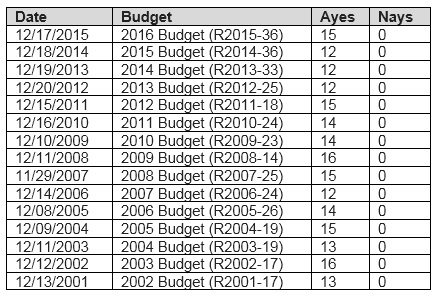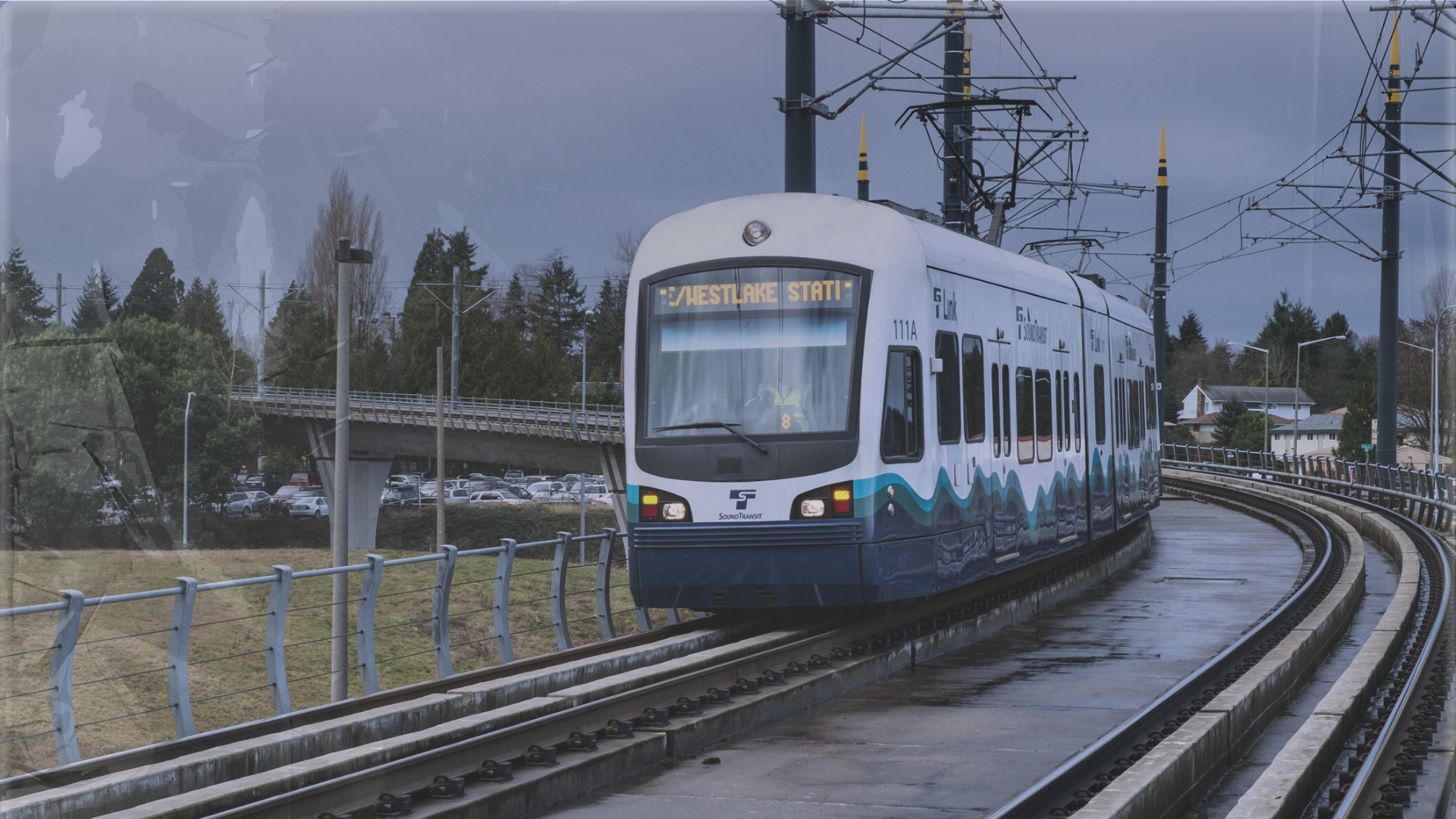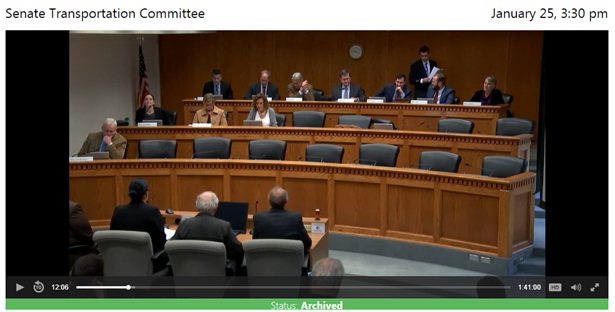Thoughts from my testimony before the Senate Transportation Committee
On January 25th, I had the privilege to testify before the Senate Transportation Committee on Senate Bill 5001, which would make the Sound Transit Board a directly elected board. This has been a longstanding recommendation of Washington Policy Center, so when Senator Steve O’Ban invited me to speak, I was excited to share my research and analysis of this idea.
Here is the public hearing on the bill, beginning with my testimony:
As I testified first, I did not have an opportunity to respond to those who testified after me. I did have a few quick afterthoughts, however, that I will mention here.
Senator Marko Liias’ comments
Senator Marko Liias asked two questions (one to me, and one to former State Auditor Brian Sonntag) that are of note.
He said to me, “I wonder if the Washington Policy Center has a map or projection of what the districts might look like under the bill. I’m worried that with the population based in King County that my constituents in Snohomish County and Senator O’Ban’s constituents in Pierce County will lose their voice and there’ll be a bunch of Seattle people making decisions, more than there are today. We at least get three board members today. Have you done a map to see where these districts might line up?”
He then asked former State Auditor Brian Sonntag about his thoughts on the two-thirds vote requirement. He said, “It would require a two-thirds vote of the Board to adopt the annual budget. It seems a little weird…budgets are tough things to get agreement on.”
In his question to me, Senator Liias seemed concerned about King County getting all the votes so people outside of King County might not have their voices heard in the new directly elected model, but then seemed to oppose a two-thirds supermajority vote, which would level the playing field and help to ensure that voices from outside of King County are heard.
It is also worth noting that each annual budget just over the last 15 years has been adopted unanimously – clearly not a “tough thing to get agreement on,” even with a two-thirds vote requirement, on the appointed Sound Transit Board.
A quick look at Board meeting minutes reflects the current Board’s consistent, undivided support:

Sound Transit Board Vice-Chair & Tacoma Mayor Marilyn Strickland’s comments
Marilyn Strickland, the Mayor of Tacoma and Vice-Chair of the Sound Transit Board testified on behalf of the Board and made a few comments worth noting.
- “I’m not going to spend time litigating the value of Sound Transit or disputing alternative facts, and there were many that were presented today.”
Mayor Strickland labeling the information presented as “alternative facts” discredits the messenger and avoids having to address the facts themselves. Interestingly, the information Mayor Strickland disliked is largely extracted from Sound Transit’s own financial reports, environmental impact statements, and appendices. If Mayor Strickland feels Sound Transit is presenting “alternative facts,” this is an issue to take up with Sound Transit, not the public.
- “We have had 22 clean consecutive audits.”
As I stated in my public testimony, financial audits only measure whether or not the financial statements of the agency are accurate. They do not measure whether the agency is being effective in managing tax dollars and are keeping their promises to taxpayers. Taxpayers should participate in making that judgement.
- “[University Link] was on time and on budget and is breaking records as far as ridership numbers go.”
This rail service was promised to be open to voters in 2006, not 2016. Changing a deadline because of a failure to meet it does not make the agency less late. Moreover, cost overruns for the first phase of the University Link project have amounted to 86%, nearly double the worldwide average for rail project cost overruns.
- “It is crucially important to have locally elected representatives on the Sound Transit Board…so much of what we do involves knowledge of comprehensive plans, of land use, of economic development plans, of housing patterns…We have a body of knowledge as elected officials.”
It is ironic to hear an elected official complaining that directly elected officials would not have a “wide body of knowledge” like an elected official. Mayor Strickland was directly elected into her Mayoral position, and was then appointed to the Sound Transit Board. Senator O’Ban’s legislation simply applies the direct election process to the Sound Transit Board.
Although democracy can be messy, it is effective. When Washington taxpayers have a voice that is truly heard and represented on boards with taxing authority, the resulting public policies are more equitable and responsive to people’s mobility needs.






